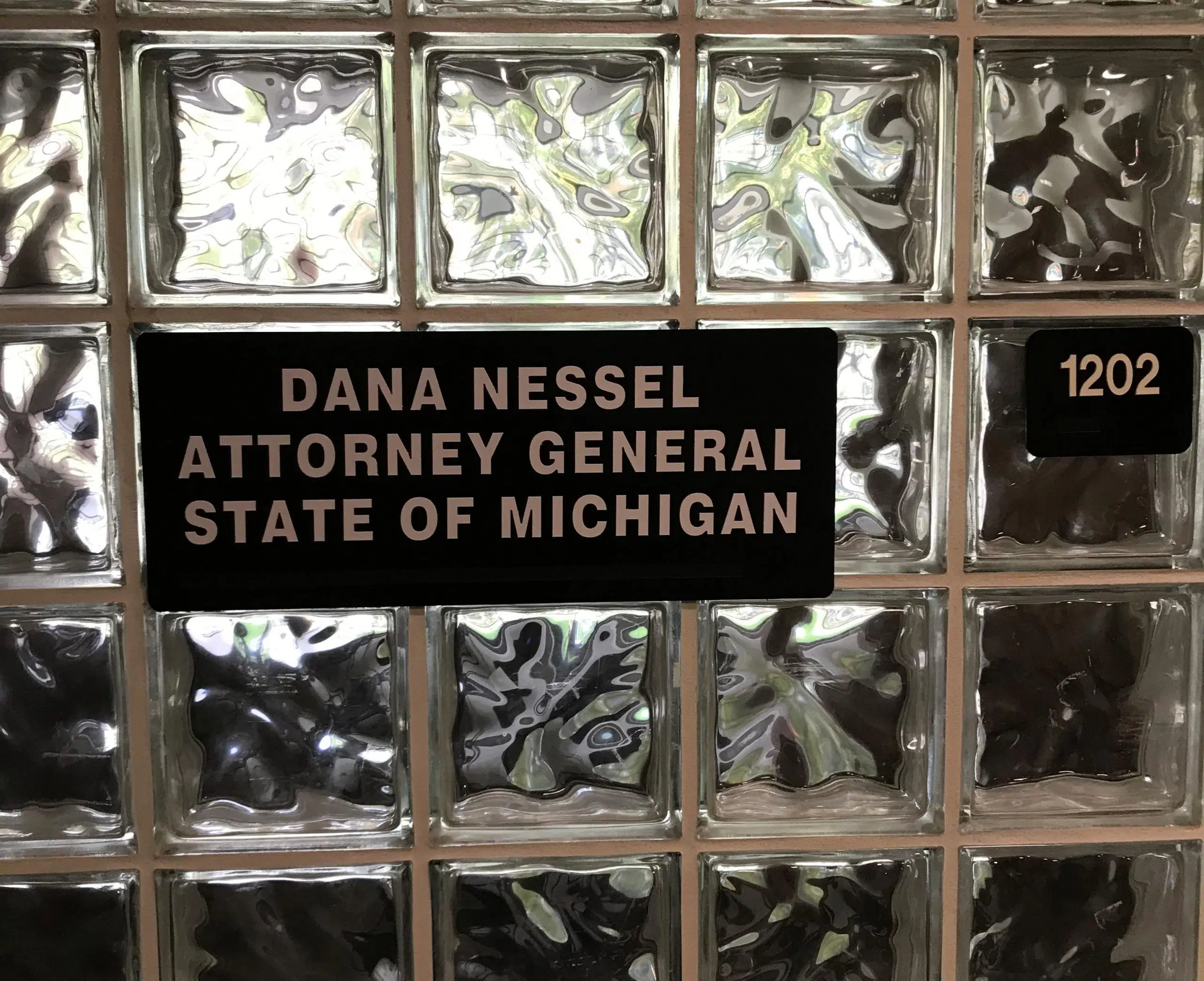The Sixth Circuit Court of Appeals issued an opinion and judgment directing a federal district court to remand the case Nessel v. Enbridge back to a state court, announced Michigan Attorney General Dana Nessel. The Attorney General argued before the Sixth Circuit in March that the case seeking to shut down the aging and dangerous oil pipeline must be sent back to state court, where it was originally filed and litigated for over a year. Today, the Sixth Circuit agreed and ordered the case to be remanded back to the 30th Circuit Court in Ingham County, where it is expected that proceedings will resume before Judge James S. Jamo.
“This case never should have left state court in the first place, and after this long delay caused by Enbridge’s procedural manipulations, we’re elated to welcome Nessel v. Enbridge back to its rightful judicial venue,” said Nessel. “The State has an obligation and imperative to protect the Great Lakes from the threat of pollution, especially the devastating catastrophe a potential Line 5 rupture would wreak upon all of Michigan. As we’ve long argued, this is a Michigan case brought under Michigan law that the People of Michigan and its courts should rightly decide.
“The Straits of Mackinac is a fragile and unique ecosystem that must be defended from those who would risk it, and the way of life for hundreds of Michigan communities in the north, for continued fossil fuel profits. Line 5 is no safer than it was when I first sued Enbridge in 2019. It is still old, dangerous, and worsening. And I am still committed to doing everything in my power to shut down its passage through the Straits.”
Attorney General Nessel argued in March that the case should be handled in state court, where she originally sued Canadian oil giant Enbridge Energy in 2019. Enbridge originally agreed and litigated the case there for over a year. The state court agreed with Nessel that Line 5 needed to be temporarily shut down after being struck by anchors or similar objects, and the court ordered a temporary shut down in the summer of 2020. Nessel and Enbridge each filed motions asking the state court to decide the case, but those motions were never decided because Enbridge then removed the case to federal court long after the deadline to do so had passed.
On appeal, Attorney General Nessel argued that Enbridge’s removal of the case to federal court was both late and improper. The federal trial court agreed that the Federal Court of Appeals should review this question. The Court of Appeals then granted Nessel permission to appeal in July of 2023 before hearing oral arguments in March of this year. Today, the Court of Appeals agreed that Enbridge’s removal was untimely and ordered the case remanded back to state court.























Comments